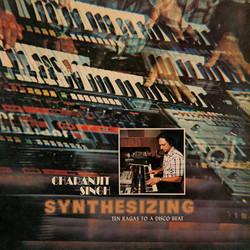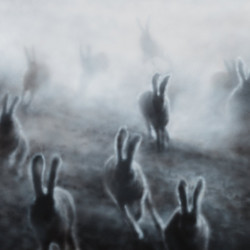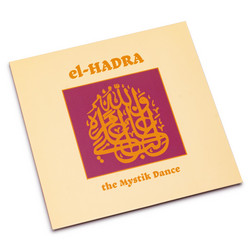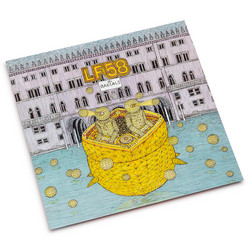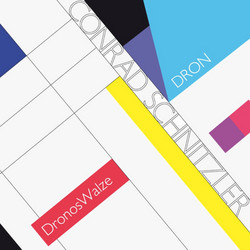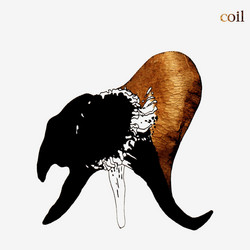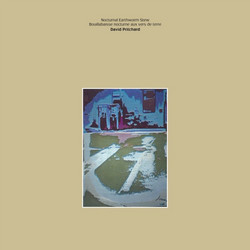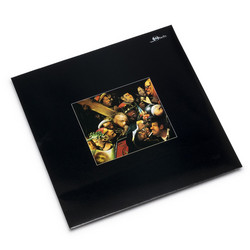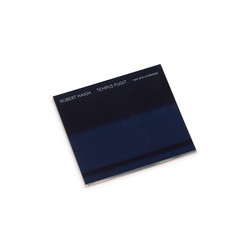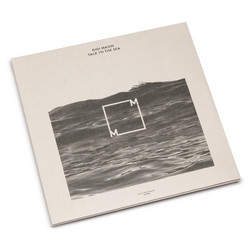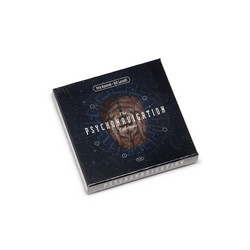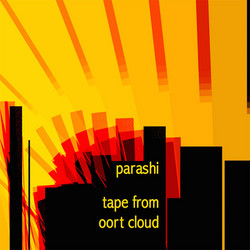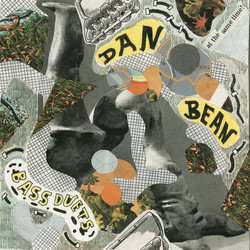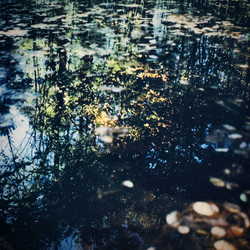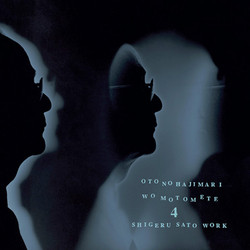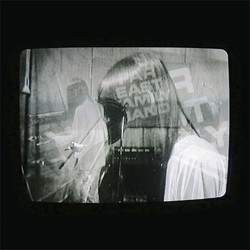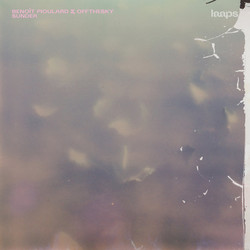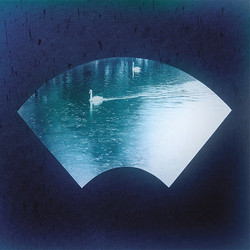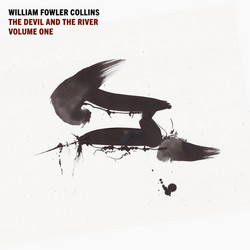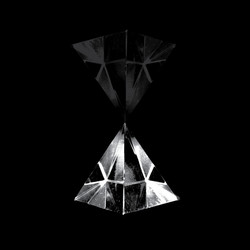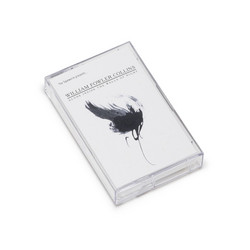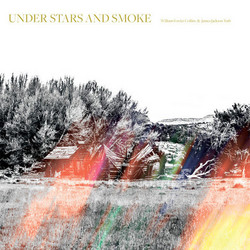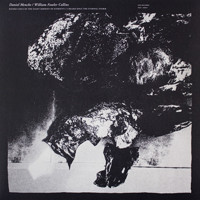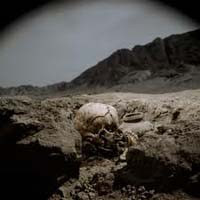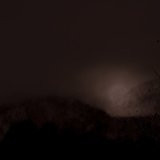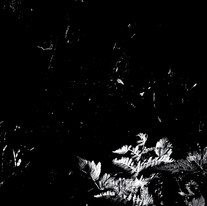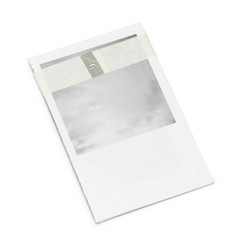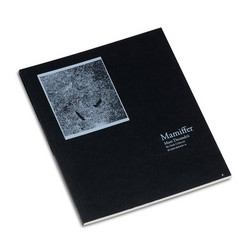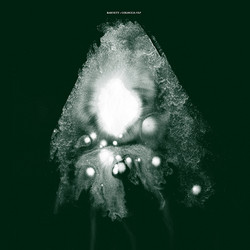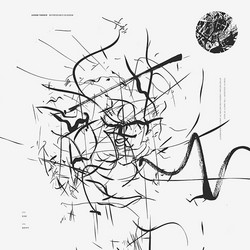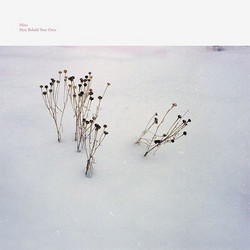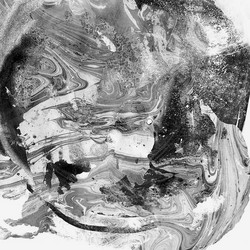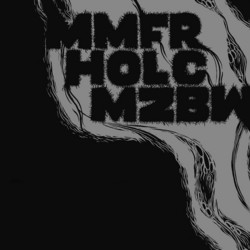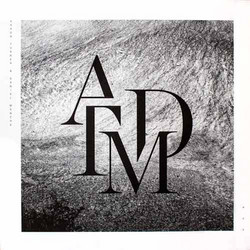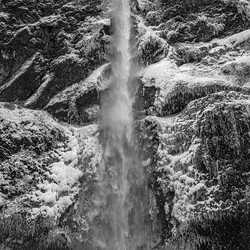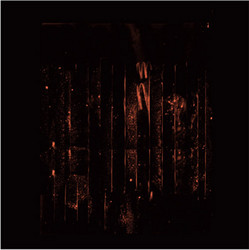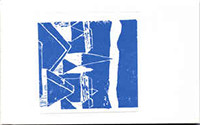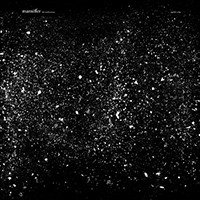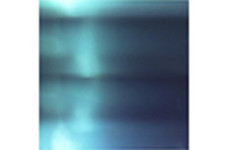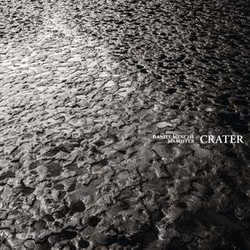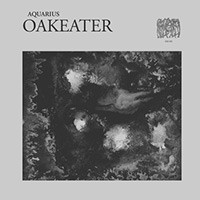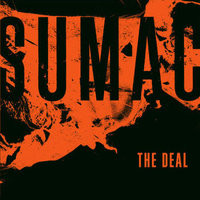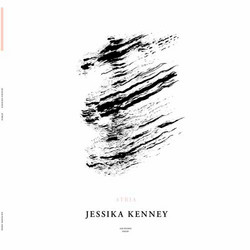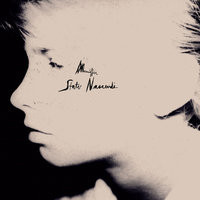File under: CosmicMeditative
A fluid dream logic runs deep in William Fowler Collins’ Field Music.
The New Mexican composer of dark minimalism has long centered his
practices upon the slow burn of the drone through guitar, electronics,
etc. That remains the case for Field Music, with Collins extending his
strategies through compositional exercises into rhythm and a diverse
array of conceptual signposts that push his work along unfixed, sometime
oppositional directions. The idea of ‘field music’ can relate to the
archaic use of military drum corps in battle, whose patter Collins has
intermingled with the polyrhythms associated with Voodoo ritual. Collins
also proposes that the ‘field’ be defined as the physical self as
gleaned from his secular readings of the Bhagavad Gita. The ‘field’ as
the fabric of time and space also becomes a possibility when Collins
literally wraps this album in the history of the atomic bomb, as the
cover photo portrays the humble ranch where the first nuclear weapon was
assembled.
Field Music grounds itself upon sustained tones that churn through controlled oscillations as the fundamentals to activate a trance-state in the listener. Out of this, Collins introduces hypnotic machine-looped convulsions and almost EVP-like disembodied voices on “Contact Is A Mother” as well as those those aforementioned polyrhythms that ripple across the title track. He pushes a motorik thump to the foreground of “They Wept Together” to the glowing dilation of foreboding ambience, running parallel to the restrictive strategies of Wolfgang Voigt.
The subtle complexities of Field Music address the primal nature of rhythm in connection with the body and the building blocks of energy, matter, and consciousness. Fans of Eliane Radigue, Christophe Heemann, and Demdike Stare would be well served to investigate Field Music.
Field Music grounds itself upon sustained tones that churn through controlled oscillations as the fundamentals to activate a trance-state in the listener. Out of this, Collins introduces hypnotic machine-looped convulsions and almost EVP-like disembodied voices on “Contact Is A Mother” as well as those those aforementioned polyrhythms that ripple across the title track. He pushes a motorik thump to the foreground of “They Wept Together” to the glowing dilation of foreboding ambience, running parallel to the restrictive strategies of Wolfgang Voigt.
The subtle complexities of Field Music address the primal nature of rhythm in connection with the body and the building blocks of energy, matter, and consciousness. Fans of Eliane Radigue, Christophe Heemann, and Demdike Stare would be well served to investigate Field Music.
Details
